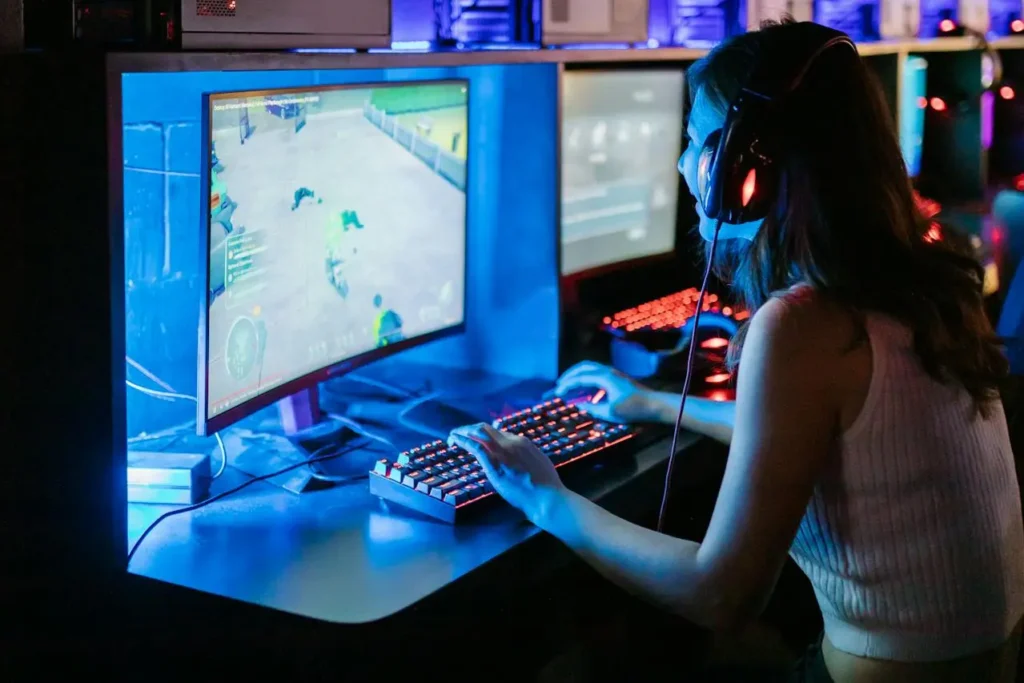The Importance of RAM in Multitasking
RAM, or Random Access Memory, plays a crucial role in multitasking on a computer. It serves as a temporary storage space that allows the system to quickly access and retrieve data needed to run multiple programs simultaneously. The more RAM a computer has, the more smoothly it can handle multiple tasks at once without experiencing slowdowns or performance issues.
Insufficient RAM can lead to sluggish performance and delays in switching between applications. When the RAM is overloaded with data from various programs, the computer may start using the hard drive as virtual memory, which is significantly slower and can cause a bottleneck in multitasking efficiency. Upgrading RAM can significantly improve the overall performance of a computer, especially when it comes to multitasking requirements.
Understanding RAM Capacity and Speed
RAM capacity refers to the amount of data that can be stored and accessed quickly by the computer's processor. The capacity of RAM is typically measured in gigabytes (GB) or terabytes (TB), with higher capacity allowing for more applications and data to be run simultaneously without causing a slowdown in performance. It is important to consider your multitasking needs and the nature of tasks you perform regularly when deciding on the appropriate RAM capacity for your system.
On the other hand, RAM speed, also known as the data transfer rate, indicates how quickly information can be read from and written to the RAM modules. RAM speed is measured in megahertz (MHz) or gigahertz (GHz) and plays a significant role in determining how fast your computer can process data. Opting for RAM with higher speed can lead to smoother multitasking experiences and faster loading times for applications and files, making it a crucial factor to consider when upgrading or purchasing RAM for multitasking purposes.
Factors to Consider When Choosing RAM for Multitasking
When choosing RAM for multitasking, one of the key factors to consider is the capacity of the memory. The more RAM your device has, the more programs and tasks it can handle simultaneously without experiencing slowdowns or performance issues. It is important to assess your multitasking needs and opt for a RAM capacity that aligns with them to ensure smooth operations.
In addition to capacity, the speed of the RAM modules is another crucial consideration. The speed of RAM is measured in megahertz (MHz) and determines how quickly data can be accessed and processed by the system. Choosing RAM with a higher speed can significantly improve the overall performance of your device, especially when multitasking with demanding applications or software.
• Capacity of the memory is a key factor to consider
• More RAM allows for handling more programs and tasks simultaneously
• Assess multitasking needs to align with RAM capacity for smooth operations
• Speed of the RAM modules is another crucial consideration
• RAM speed measured in megahertz (MHz) determines data access and processing speed
• Higher RAM speed can improve overall performance, especially when multitasking with demanding applications or software
Why is RAM important in multitasking?
RAM (Random Access Memory) is important in multitasking because it allows the computer to quickly access and store data that is currently in use. The more RAM your computer has, the more programs and tasks it can handle simultaneously without slowing down.
What is the difference between RAM capacity and RAM speed?
RAM capacity refers to the amount of memory available for storing data, while RAM speed refers to how quickly the data can be accessed and processed. Both factors are important in determining how well your computer can handle multitasking.
How much RAM do I need for multitasking?
The amount of RAM you need for multitasking depends on the types of programs and tasks you typically run. In general, 8GB of RAM is a good starting point for most users, but if you frequently run resource-intensive programs or multitask heavily, you may want to consider 16GB or more.
What factors should I consider when choosing RAM for multitasking?
When choosing RAM for multitasking, consider both the capacity and speed of the RAM modules. Make sure the RAM is compatible with your computer's motherboard and operating system, and choose a reputable brand for reliability. Additionally, consider your budget and future upgrade potential.


